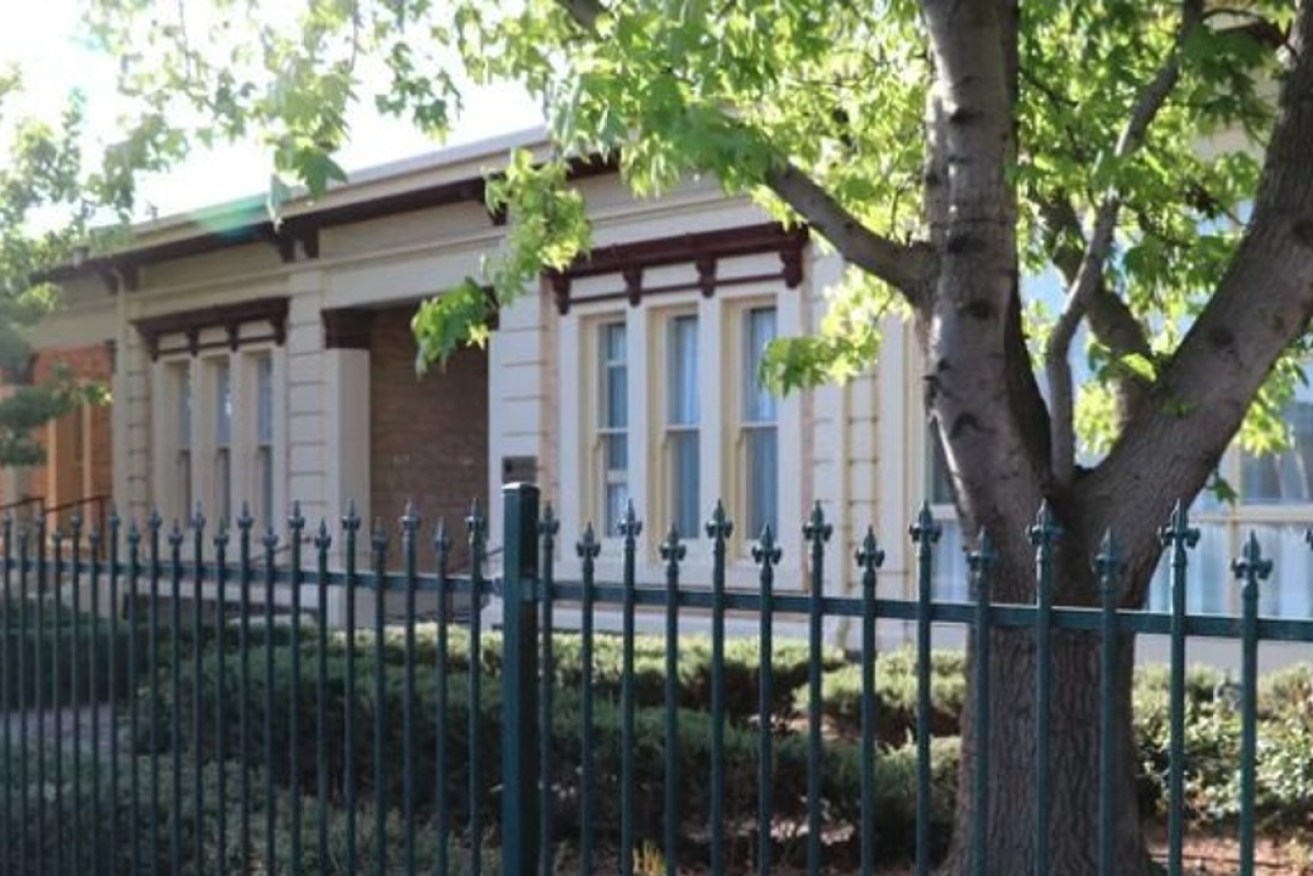Supreme Court rules in favour of ‘essential service’ designation for Glenelg rehab facility
Health Minister Chris Picton correctly applied planning laws in designating a drug and rehabilitation facility at Glenelg as an “essential service”, according to a Supreme Court judgment.


The proposed Glenelg therapeutic facility site. Photo: GoFundMe
Honourable Justice Judy Hughes refused an application against the proposed 12-bed drug and alcohol therapeutic facility at Glenelg, which was endorsed as “essential infrastructure” by Health Minister Chris Picton last year.
Glenelg residents first filed their application to the Supreme Court on 17 October, challenging Picton’s decision. The residents argued Glenelg was the wrong place for the Uniting Communities therapeutic facility.
The facility’s future is now in the hands of the Planning Minister Nick Champion after it was referred to the State Commission Assessment Panel.
If approved, the Glenelg facility would deliver residential rehabilitation services whereby drug and alcohol-dependent people enter into a voluntary, abstinence-based program.
It is part of the Malinauskas government’s $25.1 million election commitment for more drug and alcohol rehab and detox services.
Picton said he was “delighted with the Supreme Court decision”.
“This is a much-needed essential health service that will help many South Australians actively choosing to overcome alcohol and drug dependency,” Picton said.
“It’s a drug-and-alcohol-free voluntary program for South Australians who want to work towards a healthier future.
“We are focused on providing the best support possible for South Australians taking proactive, voluntary steps to break the cycle of alcohol and drug addiction.”
Drug and Alcohol Services of South Australia statewide clinical director Dr Victoria Cook said the facility “affords them a longer term supported opportunity to put theory into practice through exposure to external influences and stresses that are encountered through daily life, as well as offering opportunities to build life skills and social connections”.
“A person requires therapeutic intervention, in conjunction with abstinence and other professional care, in order to achieve long-term recovery. Delayed treatment could damage a person’s mental and physical health, thereby increasing the likelihood of relapse.
“It is essential to recovery that, while receiving this treatment and living in a supported environment, consumers are interacting with the broader community such as in shops and leisure facilities.”
In October, former Parliamentary Secretary to the Minister for Foreign Affairs in the Howard Government Chris Gallus argued that those addicted to drugs and alcohol “need a better facility, with a proper backyard, proper open space where they can gather that isn’t right on the street”.




